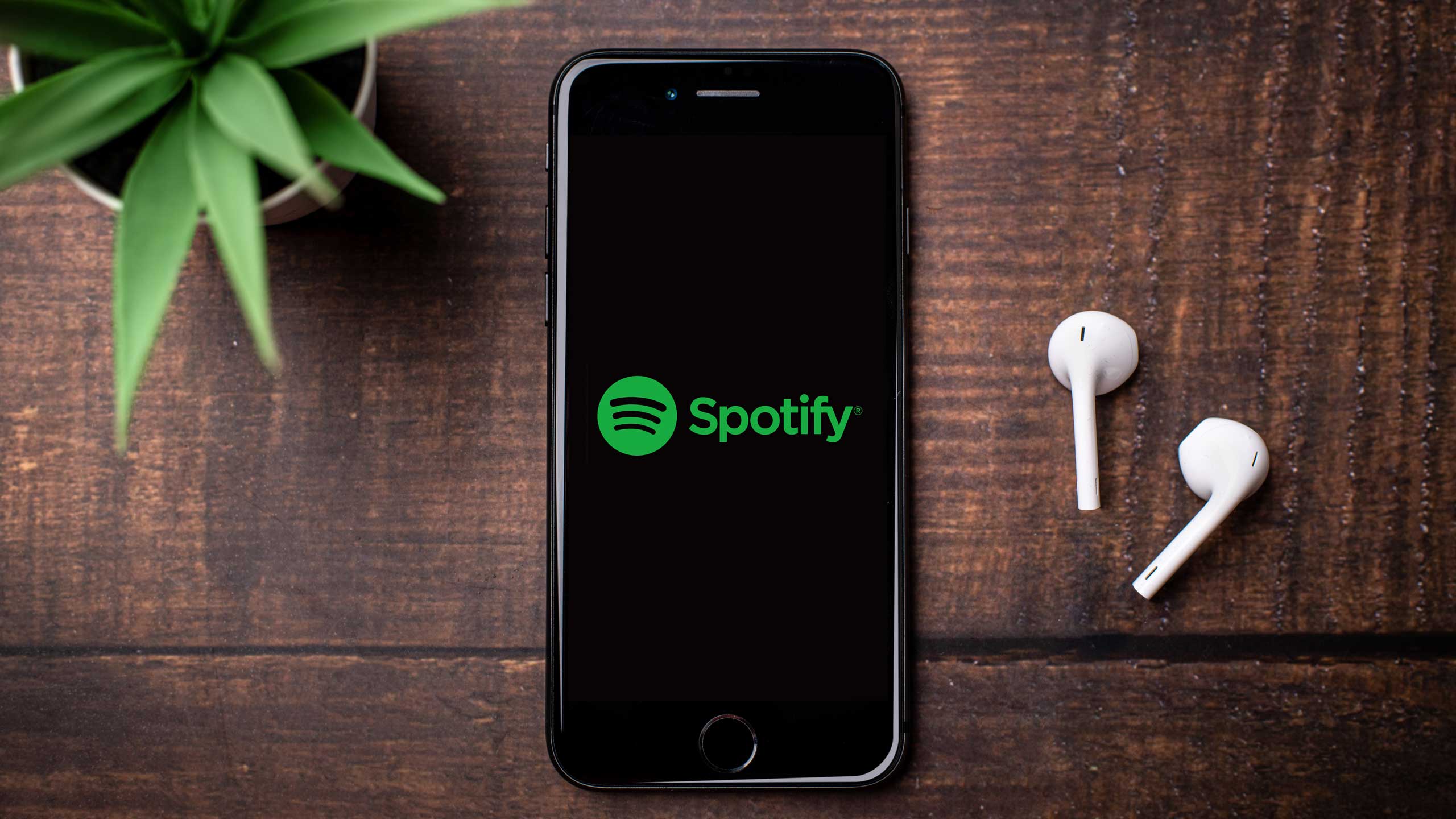
Emma Chamberlain, Bill Simmons, and other Spotify talent analyze how to do a podcast interview
The two content creators sat down for a discussion about the future of podcasts and why the company’s pivot to video is a good move for audience engagement.
Bill Simmons, the founder and CEO of The Ringer, and well-known Gen Z content creator Emma Chamberlain held a cross-generational discussion on Wednesday at Spotify. Both share the podcast format: Chamberlain’s Anything Goes podcast has only been hosted by Spotify for two weeks as part of an exclusive deal (and the company claims that listenership has already more than doubled), and Simmons’ network has more than 50 podcasts on the service as part of Spotify’s 2020 acquisition of The Ringer for $250 million.

In an interview with Spotify’s global head of public affairs Dustee Jenkins, Chamberlain and Simmons provided their perspectives on the value of authenticity in audio, the rationale behind the shift from audio to video in podcasting, and the direction they believe the industry is headed.
“It’s always been so exciting to me to just be vulnerable in a new way online … I started podcasting because I thought that the medium would be perfect for me. I’ve always been a talker,” Chamberlain shared. “I just want to talk about everything and I think that’s the magic of what podcasting is. It’s this long-form entertainment … a great way to dig into ideas.”
Known for her disarming charisma and shamelessly authentic storytelling style, Chamberlain said that authenticity online has always come naturally to her, and that’s been part of Anything Goes’ success. “For the type of content that I want to make, in order for it to be entertaining to anyone it has to be genuine, there has to be some sort of passion behind it,” she said.
Simmons agreed that authenticity is the key for content to “translate to something that’s going to last.”
“Social media is the cocaine of this generation,” the Peabody and Emmy-award-winning sports and culture writer said. “There was this attention era that was so inauthentic, and everyone was presenting themselves in the best possible way all the time … but nobody is that happy all the time, life is never that great all the time … I think during the pandemic the authenticity thing started to win.”
Simmons went on to describe The Ringer‘s characteristic style as ‘conversational:’ “We always want it to feel like you’re hanging with the smartest guy at the bar or the smartest gal in the movie theatre,” he said, adding that when looking for new voices to champion, his team looks for “the people who had the best takes on stuff and were as entertaining as they could be.”
Additionally, Chamberlain explained why she decided to bring guests onto her show, which up until this point had only been a solo platform and endeavor. “I’m so happy. I believe that conversation produces the most developed ideas and new ideas; conversing with others broadens the conversation’s potential course, she added. “I’m more interested in talking to people who have more private or less public interests.”
Video will start to play a bigger part in Spotify’s platform and the content it promotes, as was announced this morning; many podcasts, in particular, will be recorded and available to watch in-app.
“Some people just like to watch a podcast, but there’s also the value of being able to cut stuff up and put it on social,” Simmons said.
The value of video, according to Chamberlain, is seeing someone’s face and body language. She claims that she was once “frightened by video” because it felt safer to be heard rather than seen. When you only listen to audio, there is so much that you do miss.
Additionally, the two talked about their ideal podcast guests. Eddie Murphy, David Letterman, and Tom Cruise were mentioned by Simmons, who claimed that he “felt like I’d peaked” when he spoke with Charlize Theron and former president Barack Obama in the actual White House. Chamberlain also mentioned Paul McCartney, Wes Anderson, and Mac Demarco.
Spotify currently hosts more than 5 million podcasts, making Simmons’ bet on the platform a strong one. When asked why he sold his company to the global audio giant, he said: “I looked at it like, there’s a chance those guys are gonna own audio [someday].”
